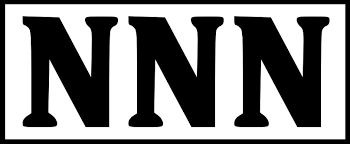Lagos, Nigeria — The Nigerian naira don waka enter serious trouble, even as U.S. dollar index dey fall. For unofficial market, naira dey trade at N1,625 to one dollar, despite dollar index dropping by over 2% within just two days.
Fundamentals dey show mixed signals. Demand for dollar in Nigeria still dey high, as country dey depend heavily on imported goods. Falling oil prices dey cause worries for naira stability, even when Central Bank of Nigeria (CBN) recently report increase for foreign exchange net assets.
On Wednesday, CBN announce say dem get $6.83 billion balance of payments surplus, and diaspora remittances don jump to $21 billion for 2024. But all this good report no fit mask say dollar demand don shoot high, and liquidity for forex market dey tight.
New U.S. tariffs don create more wahala for Nigeria as government dey find ways to fix budget gap. CBN disclose say dem don spend nearly $200 million from reserves to hold naira steady amidst market shocks from U.S. trade policy.
Oil-exporting nations like Nigeria dey try navigate economic changes as crude prices dey drop due to new tariffs. Crude oil na 90% of Nigeria’s trade earnings, making am major source of forex income.
The U.S. dollar index, wey dey track dollar strength against six major currencies, drop by over 2.4% within two days, reaching lowest level since early October. Unlike last year, dollar don weaken noticeably this year, raising alarm about U.S. economy stability.
On Friday, gold price rise above $3,235 per troy ounce, hitting new record high. Gold dey seen as safe bet during economic and geopolitical instability, and im don perform well since 1986. U.S. dollar index don fall below 100 during early trading on Friday, as recovery efforts dey struggle.
Meanwhile, jobless claims statistics dey show mixed results. Continuing claims fall to 1.85 million, but initial claims rise slightly to 223,000. These figures dey keep markets on edge as inflation data dey in focus.
As we dey look forward for market trends, analysts dey point say dem go need to monitor oil prices, naira performance, and global capital flows closely to understand how Nigeria fit weather this turbulent economic storm.

